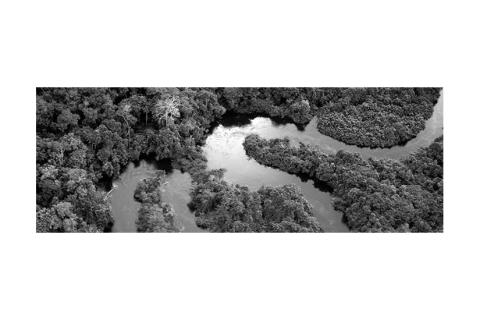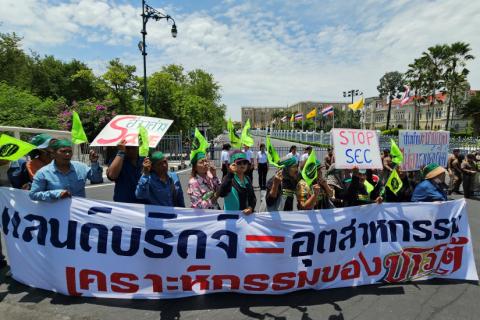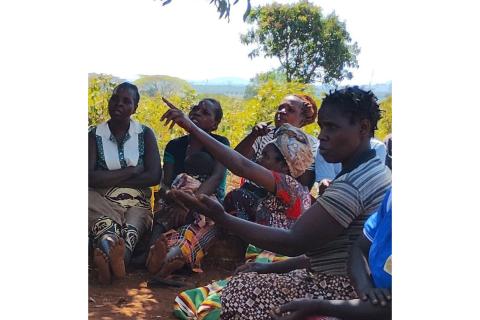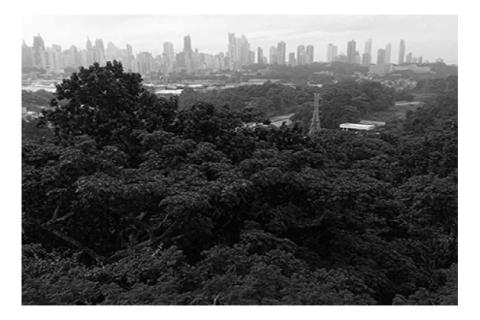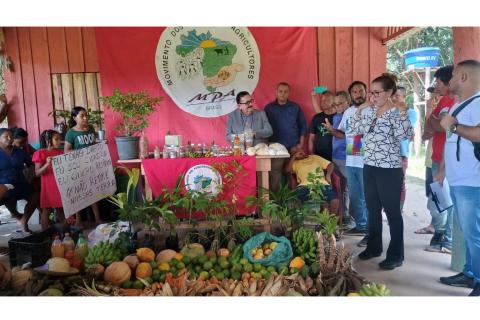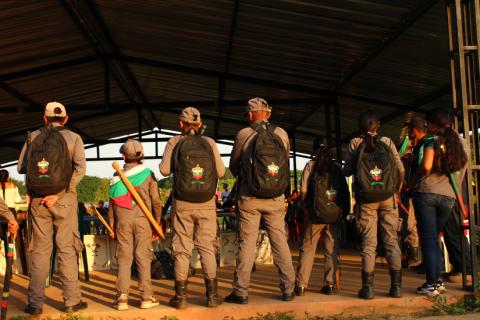The article deals with the creation of REDD+ as a “conservation fad”, which served as a parameter for the channeling of resources from investment banks and governments of the global north, immediately also arousing interest among corporations of the food and consumer goods sectors.
Bulletin articles
The Conference of the Parties (COP16) to the Convention on Biological Diversity (CBD) is being held from October 21st to November 1st in Colombia. This initiative has failed in its goal of halting the alarming loss of biodiversity. For 30 years, instead of putting an end to extractive companies' destruction, the CBD's proposals have worsened the situation – through actions that have undermined both the sovereignty of Indigenous Peoples and communities, and their ability to remain in the territories they inhabit and protect.
This article tells the story of a Podcast that is being jointly launched with Solidaritas Perumpuan, a feminist organisation from Indonesia. This espisode is the third in the series “Women’s struggles for land”, produced by WRM together with organisations from different countries. This one tells the story of women's resistance to oil palm plantations, REDD and a large-scale project for food production (Food Estate) in three villages in Central Kalimantan.
The company Sequoia has obtained a lease over 60,000 hectares for a eucalyptus monoculture project in the Haut-Ogooué province, Gabon. Meanwhile, statements from communities and a survey of more than 1,400 people from the impacted region reveal a total rejection of this plantation project. Additionally, Gabonese government and parliamentary authorities have openly expressed an unfavorable position on the project.
In Congo-Brazzaville, tree planting projects intended for carbon markets have proliferated over the past four years. This concerns large-scale developments of monocultures initiated by oil companies under the seductive term of carbon neutrality and promises of job creation for communities. But in reality, they are neither a solution to the climate crisis nor a benefit for the communities of Congo.
With World Bank support, the Thai government is moving quickly to implement its ‘climate policy’ based on carbon offsetting through the use of so-called ‘green areas’. These areas are projected to cover no less than half of the country´s area. Yet hidden behind this ‘green’ discourse is an economic policy that is heavily reliant on the continued use of fossil fuels. (Available in Thai).
Besides the direct impacts on communities’ lives, eucalyptus monoculture plantations represent absurd and obscene inequality. A group of 45 community people with whom we spoke was shocked to learn that it would take them 2,300 years of non-stop work to collectively earn the same amount that a single Portuguese family, one of the owners of the plantation company they work for, earned in one single year from the profits of their shares in the company.
One of the central issues under discussion in Cali, Colombia, at the Convention on Biological Diversity (CBD) Conference of Parties (COP) 16, are the so-called ‘biodiversity offsetting mechanisms’, a strategy to allow companies and their allies to continue expanding their profits and with them, destruction.
This bulletin highlight several cases where the expansion of carbon projects has become an integral part of the extractivist model. Since this model has been destroying territories and people’s livelihoods for a long time, we share articles on both old and new forms of extractivism, and how communities continue to carry on struggles to resist them.
Just like the Dutch colonizers in the past did, the Indonesian government, companies and investors consider the land of Papua to be a vast empty territory, a new frontier for extraction and profiteering However, the land of Papua is not empty, but rather home to hundreds of Indigenous Peoples—including the women and men of Kampung Bariat village, who are struggling to ensure control over their ancestral territory and keep it free of oil palm plantations.
Peasant families are threatened with eviction by Brasil Bio Fuels (BBF) oil palm plantation company, with the complicity of the state government. This article shows that the much spoken of ‘bioeconomy’ is not ‘sustainable’ and even less ‘clean’. What it does is destroy communities’ territories, just like fossil fuel-based extractive industries have been doing for a long time.
Colombia's Orinoquía region stretches from the foothills of the country's eastern mountain range to the Venezuelan border. This region has historically been associated with the exploitation of rubber, timber, furs and other so-called “natural resources,” to the detriment of ancestral communities. Today, new threats are emerging under the paradigm of conservation, green energy and carbon projects.
